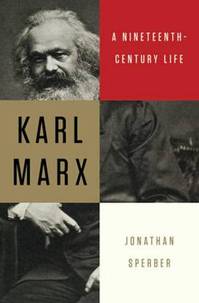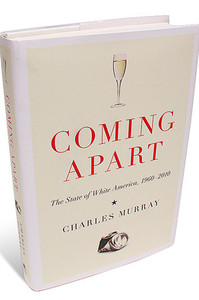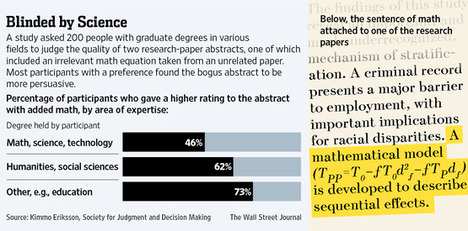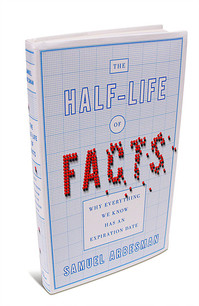The American Economic Association’s Journal of Economic Perspectives published a symposium focused on the thought-provoking views of the distinguished econometrician Edward Leamer.
I quote below some of Leamer’s comments in his own contribution to the symposium.
(p. 31) We economists trudge relentlessly toward Asymptopia, where data are unlimited and estimates are consistent, where the laws of large numbers apply perfectly and where the full intricacies of the economy are completely revealed. But it’s a frustrating journey, since, no matter how far we travel, Asymptopia remains infinitely far
away. Worst of all, when we feel pumped up with our progress, a tectonic shift can occur, like the Panic of 2008, making it seem as though our long journey has left us disappointingly close to the State of Complete Ignorance whence we began.
The pointlessness of much of our daily activity makes us receptive when the Priests of our tribe ring the bells and announce a shortened path to Asymptopia. (Remember the Cowles Foundation offering asymptotic properties of simultaneous equations estimates and structural parameters?) We may listen, but we don’t hear, when the Priests warn that the new direction is only for those with Faith, those with complete belief in the Assumptions of the Path. It often takes years down the Path, but sooner or later, someone articulates the concerns that gnaw away in each of (p. 32) us and asks if the Assumptions are valid. (T. C. Liu (1960) and Christopher Sims (1980) were the ones who proclaimed that the Cowles Emperor had no clothes.) Small seeds of doubt in each of us inevitably turn to despair and we abandon that direction and seek another.
Two of the latest products-to-end-all-suffering are nonparametric estimation and consistent standard errors, which promise results without assumptions, as if we were already in Asymptopia where data are so plentiful that no assumptions are needed. But like procedures that rely explicitly on assumptions, these new methods work well in the circumstances in which explicit or hidden assumptions hold tolerably well and poorly otherwise. By disguising the assumptions on which nonparametric methods and consistent standard errors rely, the purveyors of these methods have made it impossible to have an intelligible conversation about the circumstances in which their gimmicks do not work well and ought not to be used. As for me, I prefer to carry parameters on my journey so I know where I am and where I am going, not travel stoned on the latest euphoria drug.
This is a story of Tantalus, grasping for knowledge that remains always beyond reach. In Greek mythology Tantalus was favored among all mortals by being asked to dine with the gods. But he misbehaved–some say by trying to take divine food back to the mortals, some say by inviting the gods to a dinner for which Tantalus boiled his son and served him as the main dish. Whatever the etiquette faux pas, Tantalus was punished by being immersed up to his neck in water. When he bowed his head to drink, the water drained away, and when he stretched up to eat the fruit hanging above him, wind would blow it out of reach. It would be much healthier for all of us if we could accept our fate, recognize that perfect knowledge will be forever beyond our reach and find happiness with what we have. If we stopped grasping for the apple of Asymptopia, we would discover that our pool of Tantalus is full of small but enjoyable insights and wisdom.
For the full article, see:
Leamer, Edward E. “Tantalus on the Road to Asymptopia.” Journal of Economic Perspectives 24, no. 2 (Spring 2010): 31-46.







